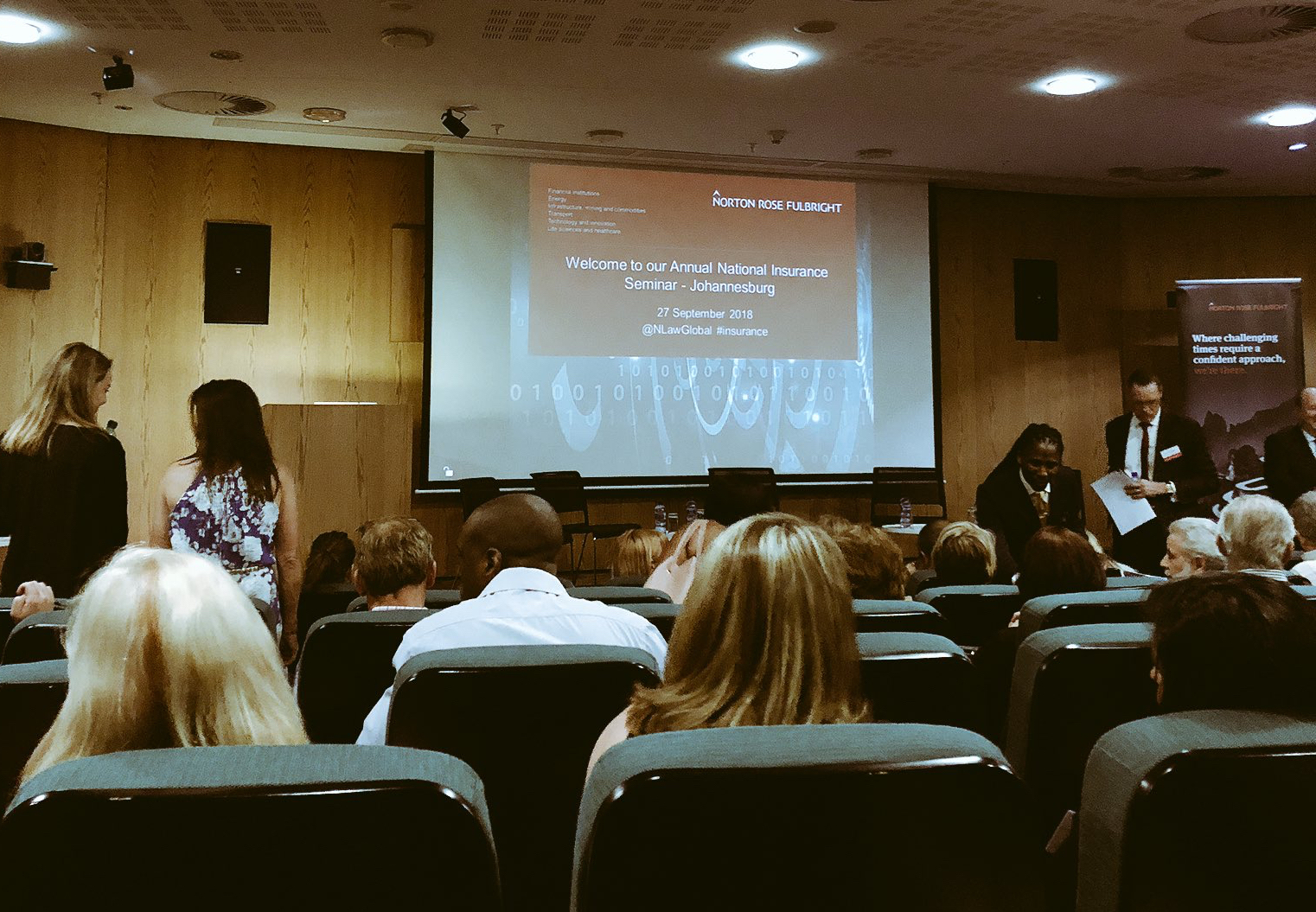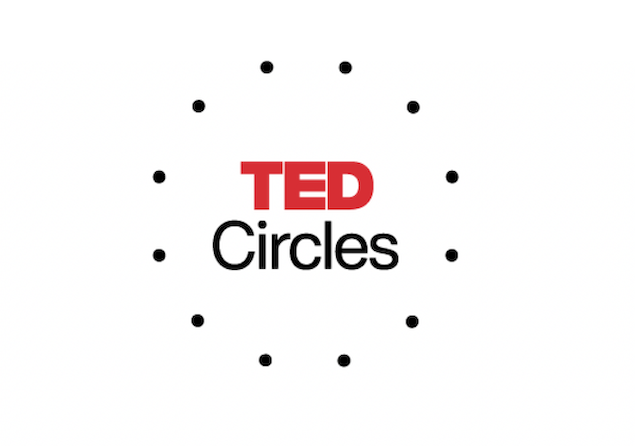
The Norton Rose Fulbright annual insurance seminar
Each year Norton Rose Fulbright hosts an annual insurance seminar – an afternoon that we make sure is in our diaries and one that we thoroughly look forward to. The discussion is always thought-provoking and we enjoy connecting with a few of our insurance industry friends.
CN&CO has a special connection with the conference as our deputy chairperson, Lee Astfalck, is a director at Norton Rose Fulbright specialising in insurance law, financial lines and commercial litigation.
The seminar is attended by some of the top insurance minds in the country. This year’s seminar provided insights into the thinking around current insurance modelling systems, broader global scale phenomena that may impact insurers and asked important questions on the way the industry evaluates risk/liability.
Among other things, the presentations covered topics on climate change and artificial intelligence. It was also interesting to examine the case study of Harvey Weinstein’s legal battle. We learnt more about legal defence costs and the implications for insurers.
Extreme weather events have been on the rise since 1980. Is the curve going to become exponential, where extreme events will become the norm? Warmer air means more water vapour in the air, which will result in more rain in the wetter areas around the globe, increasing the chance of flooding.
How are insurance models incorporating these extreme events and will insurers be able to keep up with irregular and extreme weather patterns? Liability risks, the wording of policies and uninsurability all need to be reimagined to incorporate the globe’s changing environment.
The growth in artificial intelligence (AI) in the shipping industry is requiring insurers to change the way they look at liability. Can robots make autonomous decisions? Are they independent thinkers? How does the possibility of these systems being hacked impact the ownership of the decision that is made? To answer these questions, liability needs to be re-conceptualised by insurers as they will need to think about ways to cover new risks that will arise in the era of AI.
These types of questions need to be considered as AI development is expanding and ideas are evolving. It is estimated that by 2025 autonomous shipping will be routine. The world’s first fully automated, electric ship, the Yara Birkeland, will complete an estimated 40 000 travel journeys per year, which will reduce costs significantly. However, with this introduction into the shipping industry there are new risks that need to be considered. Will the hostile environment of the ocean and piracy be something that automated ships can handle? Or will they require human assistance?
The seminar ended with a panel discussion, facilitated by Maria Philippides, that focused in on three main topics:
- Unbridging the gap
- Driverless cars and drone taxis
- Land expropriation – are there insurance implications?
The distribution of these topics showed the diversity of the insurance landscape both in South Africa and in the world.
If you missed the seminar, or if you’d like to see what the presentations were about, click here to view the slides.
We look forward to next year’s seminar and will closely monitor the points that were raised this year to see how they will play out in the insurance space over time.






